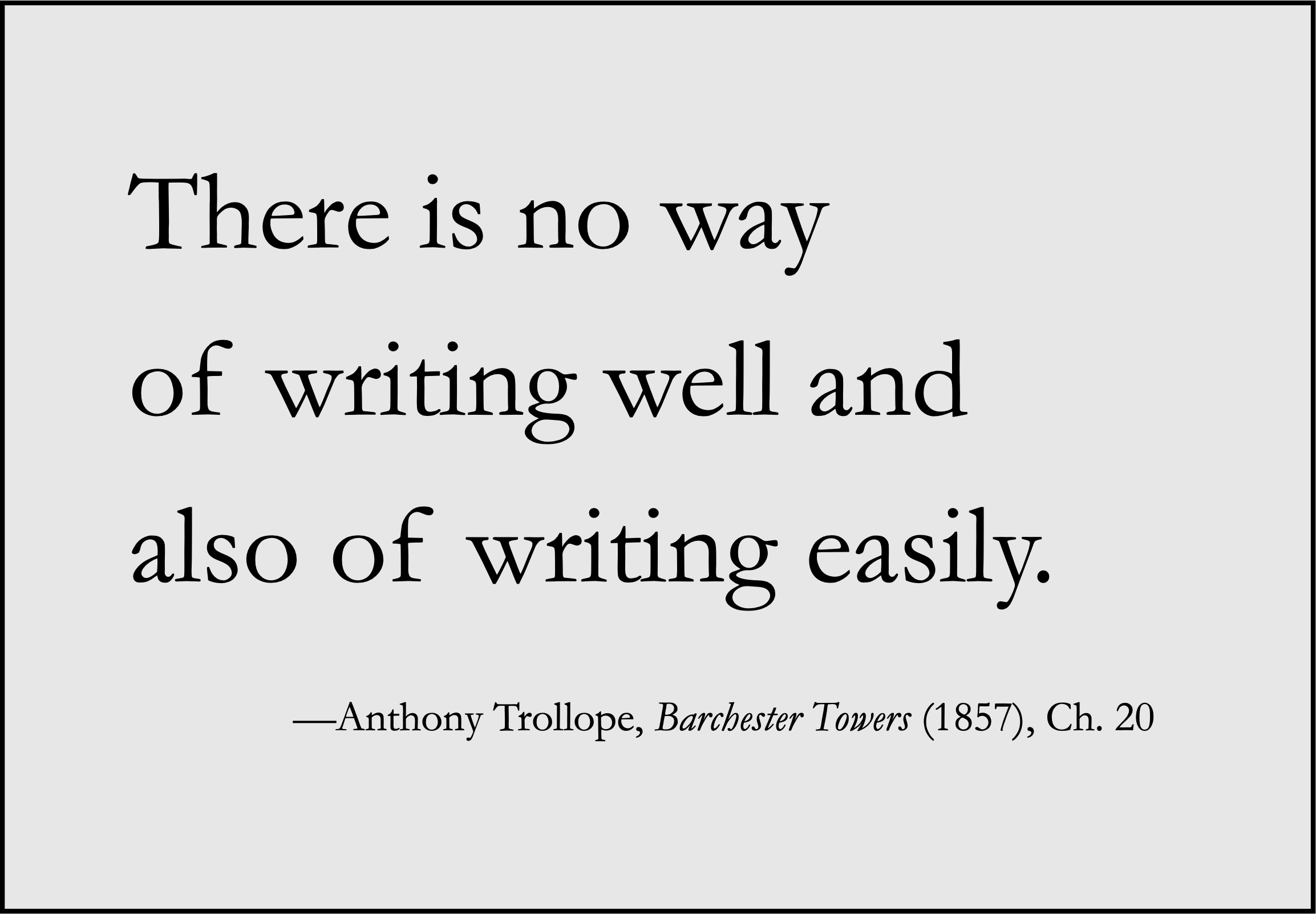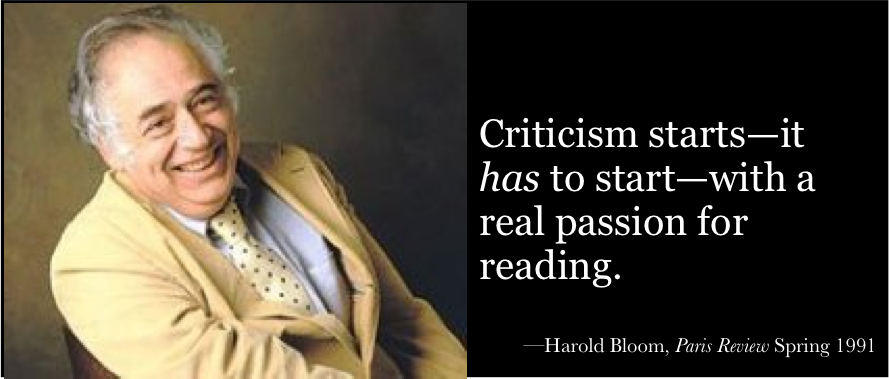Composing and editing are two distinct processes. Students staring at blank screens or blank sheets of paper are usually trying to compose and edit at the same time. It doesn’t work.
Composing is the messy, chaotic process of figuring out what you want to say. It’s like being sent to the attic to find something. You open the door and see piles and piles of mostly worthless junk that has accumulated for years. Somewhere in one of those heaps is the gold you are searching for. You find the gold only by picking through the piles, piece by piece. The equivalent for the writer is to write down all the bad, wrong, useless ideas until you finally arrive at the one you were searching for.
Editing is about finding the best possible way to express your ideas. Part of this involves spelling, grammar, and punctuation. But most of it involves finding the best possible words to express your meaning. Editing may also be called rewriting, and rewriting is 90% of the writer’s work. Most students spend 90% of their time composing and only 10% editing, which is why most writing by students is mediocre. Good editing creates good writing.
For example, imagine you are asked, “Is music important to you?” Most students will begin their response to this question by writing, “Music is important to me because . . . “ which is a terrible beginning. Students think that because the word “important” appears in the question it must appear in their response. But consider a similar case: you are asked, “Was he friendly?” and you answer, “He was friendly, but his dog was not.” This sentence features two weak verbs (or rather the same weak verb repeated twice) and fails to create any images in the reader’s mind. A better response would be, “He smiled warmly and shook my hand, but his dog barked fiercely and bit me on the ankle.” Now we have strong verbs (smiled, shook, barked, bit) and clear images. The lesson? Just as you need not use the word friendly if asked whether the man was friendly, so you need not use the word important if asked whether music is important to you. Instead, show the man being friendly, and show what music does to or for you. Then the reader will know how important it is.
After reconsideration the writer may arrive at this: “I like music because it helps me relax and forget my problems.” Now the writer knows what she wants to say; she has composed a reasonable sentence. What remains is to improve how she expresses her idea: to edit her sentence. With practice, experience, and effort, she may end up with something like this: “Music washes away my worries.” This sentence makes every word count. It creates a beautiful image, and a particularly appropriate one, because sounds wash over us—they flow, just as water flows. Washing also includes the idea of cleansing, a kind of purification. The sentence has music, too. Notice the rhythms: MUSic WASHes aWAY my WORRies. And the alliteration of w sounds in wash, away, and worries again produces a flowing sensation that fits the sentence’s meaning perfectly.
You will not achieve such happy results with every sentence you write, but you should strive for them nevertheless if you want to write words worth reading.



